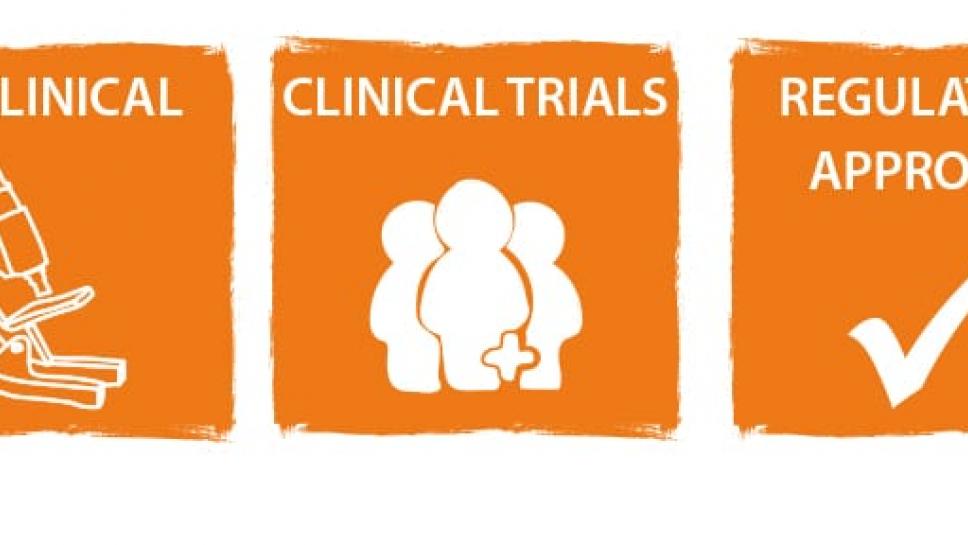
The National Institute for Health and Care Excellence (NICE) is shortly launching a review of the way in which it assesses whether new treatments should be made available on the NHS. This is very welcome, as MDUK and many other rare-disease charities are becoming increasingly concerned about the challenges that are faced in the assessment of potential treatments for rare and ultra-rare conditions.
In the meantime, we are working hard to secure access within the current system to a number of treatments for muscle-wasting conditions which are all at different stages in the NICE process.
At the earliest part of the NICE process is a potential treatment for Pompe disease called avalglucosidase alfa. In September, MDUK took part in a meeting called a scoping workshop, which examines evidence submitted by the company that manufactures a treatment, patient groups like MDUK and relevant clinicians. The scoping workshop discusses with these groups whether or not NICE should start an appraisal. We are waiting to hear the outcome of this scoping session and are hopeful that it will move on to the next stage.
Once NICE decides that it will appraise a potential treatment it begins a consultation process ahead of a formal committee meeting where the case for approving availability on the NHS is really examined. We are at this stage with the spinal muscular atrophy (SMA) treatment risdiplam and we recently launched a survey in partnership with SMA UK to help us build a joint submission for the consultation. The Duchenne muscular dystrophy treatment Raxone is also at this stage, although recent news regarding the stopping of a clinical trial may impact this.
In early October, two potential treatments we’re working on reached the stage of being discussed by the NICE committee. We attended the committee meeting as a patient expert for a treatment for myotonia in adults with non-dystrophic myotonic disorders called Mexiletine. In the same week we observed the committee meeting that discussed the SMA gene therapy Zolgensma. The initial outcome from those meetings are expected to be announced in December 2020 and March 2021 respectively.
Finally, we are closely involved in two treatments that are in something of a ‘post-approval’ stage. The Duchenne treatment Translarna and the SMA treatment Spinraza are both currently available on the NHS to eligible patients through something called a Managed Access Agreement (MAA). This means that NICE has accepted the efficacy of a treatment but want to gather more evidence about its long-term effectiveness before making a permanent decision about whether it can be made available on the NHS. We are on the Managed Access Oversight Committees for both of these treatments, meaning that we have an important role in ensuring the MAA is being delivered properly and that evidence is being collected. The Translarna MAA is in its final year although we understand that there may be an extension to this. Spinraza is one year into its five year MAA; we recently met with the manufacturer and with NHS England to discuss progress with its roll-out.
A key component to all of our work in this area is collaboration with other patient groups, clinicians, pharmaceutical companies, NICE itself, and most importantly people living with muscle-wasting conditions. We will continue to keep our community informed of developments and to highlight opportunities to get involved in advocating for access to treatments.
